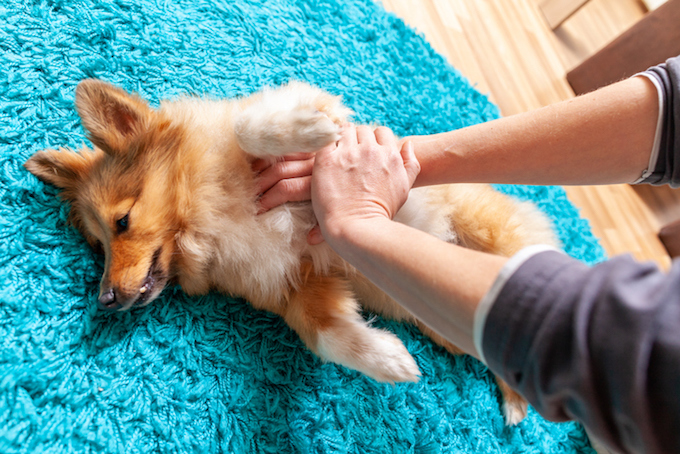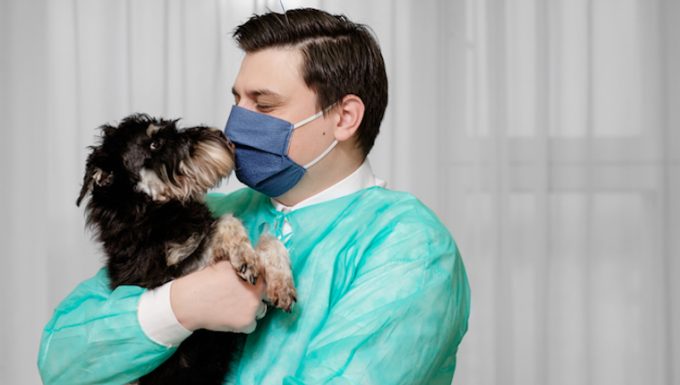Heart attack in dogs happens when blood is prevented from flowing into the heart muscle. In some cases, the condition can be fatal.
Generally, a blood clot in a dog’s heart or blood vessels is the cause of the condition.
Technically, the condition is also called myocardial infarction.
Thankfully, the condition is quite rare in dogs.
If you see the signs of heart attack in your dog, then consider it an emergency situation.
Here’s what you should know about the symptoms, causes, and treatments for the condition.
Symptoms of Heart Attack in Dogs
The condition produces a wide range of symptoms. For example, some of the most common symptoms include:
- Collapsing
- Breathing issues
- Vomiting
- Fever
- Tilting the head
- Acting lethargic
- Seizure
- Acting confused
Causes of Heart Attack in Dogs

The cause of the condition can be a number of things. For instance, some of the most common causes of the condition include:
- Bacterial infections
- Tumors
- Inflamed blood vessels
- Hypothyroidism
- Coronary artery disease
Treatments for Heart Attack in Dogs
Firstly, wrap your dog in a blanket if you suspect they are suffering a heart attack. This is to keep them calm.
Secondly, do not attempt CPR unless you are trained in it.
Thirdly, contact your vet and follow their advice.
Your vet will carry out a full physical examination of your dog. This will include asking about any symptoms and incidents that could have caused the condition.
Generally, treatment will depend on the underlying cause of the condition. Medication is usually prescribed. This is to thin your dog’s blood.
As always, if your vet prescribes your dog any medicine, make sure to stick to the correct dose and frequency instructions. Also, complete the full course of medicine.
In general, dogs who suffer from this condition will have to stay in hospital until they stabilize.
While recovering at home it is important to provide your dog with a quiet and calm environment. Also, keep up regular visits with your vet to monitor their health.
Have you ever cared for a dog who suffered from this condition? How did your vet help your dog recover? Let us know in the comments section below.









